by R. Manning Ancell
Siren wailing, the jeep propelling Lt. Gen. Walton H. Walker headed north from Walker’s tactical command post in Seoul. Since taking command of all U.S. ground forces in Korea on July 13 he had been on the go without a break. It was now two days before Christmas 1950. “The sight of him standing in his jeep, wearing his shiny steel helmet with the three stars on the front and holding the special grab bar, chest puffed out” had become commonplace, wrote historian Clay Blair.
With Walker in the jeep were his aide, Lt. Col. Layton C. Tynor, who sat next to him; plus his driver, Master Sgt. George Belton, and his bodyguard, Sergeant Francis S. Reenan, who were in front.
South Korea’s venerated Commonwealth Brigade had recently earned a Republic of Korea Presidential Citation and “Johnnie” Walker was in a hurry to reach the front at Uijongbu. Although he had turned 61 less than three weeks earlier, Patton’s blunt, hard-charging protégé displayed no signs of slowing down. The continued flood of Chinese troops into the Korean Peninsula from Manchuria troubled him but also steeled his resolve. Like Patton, Walker thrived on the battlefield. “My dad was a frontline leader,” said his son, Captain Sam Walker, a decorated company commander sent to Korea early in the war. “He didn’t command from the rear. The newspapers always reported that he drove too fast and he flew too low in a light observation plane. I think the people in Washington thought something was going to happen to him over there.”
“Ten Minutes After Leaving Us He was Dead.”
The morning of December 23 was typical of Korea in the winter: misty and miserably cold. About halfway into the trip Walker’s jeep stopped briefly at the 24th Division command post to confer with Maj. Gen. Bill Kean, the division commander, and the assistant division commander Brig. Gen. Garrison H. Davidson. Davidson remembered the short meeting with Walker the rest of his life, because “ten minutes after leaving us he was dead.”
Moments after resuming the journey northward, Walker’s jeep came upon a large convoy. As it pulled out to pass two vehicles stopped on the narrow road, a South Korean military truck suddenly veered onto the southbound lane and struck the jeep. It overturned, throwing its four occupants into a ditch. Mortally injured, Walker didn’t survive the brief trip to the 8055th MASH, a nearby army hospital. Within minutes his son, Sam, was summoned, but there was nothing he could do. “I went into a tent where his body was lying and saw that he’d been crushed.” Captain Sam Walker lost a father, and the army lost a talented general.
Word of Walker’s death quickly reached General Douglas MacArthur at his headquarters in Tokyo. He praised Walker’s “brilliant generalship” while noting that “it was a difficult time to change field commanders.” Indeed it was a trying moment. The weather was turning bad, the Chinese were pouring over the Manchurian border in droves and crossing the 38th parallel into South Korea, and the Eighth Army—already in disarray—was suddenly missing its commanding general. Who would want to take command at such an awkward and difficult moment?
MacArthur had the answer: Lt. Gen. Matthew B. Ridgway. A battle-hardened paratrooper, he commanded the elite 82nd Airborne on D-day and ended the war with three stars. At that moment he was serving on the army staff in Washington.
The next day MacArthur phoned General J. Lawton Collins, chief of staff of the U.S. Army, asking that Matt Ridgway be sent to Korea at once as Walker’s replacement. Collins concurred and phoned Ridgway at the home of a friend where he was having a Christmas Eve dinner. Ridgway shared the news with his wife and friends, finished the meal, packed his bags, and early the next morning—Christmas Day—he was on his way to Tokyo. His plane landed shortly before midnight.
A 55-year-old West Pointer, Matthew Ridgway was a resilient, highly regarded combat leader, an instinctive leader of men who learned the craft of command at an early age. A lifelong friend, Colonel Red Reeder, met Ridgway in 1913, the summer that Matt began his plebe year at the academy. Young Red was six years his junior. “He would say, today we will run races, or dig for clams, or fish for flounders, or go fire .22 rifles,” Reeder recalled. “He intrigued us and guided us. He set a tremendous example. He was really a natural leader and has been since boyhood.”
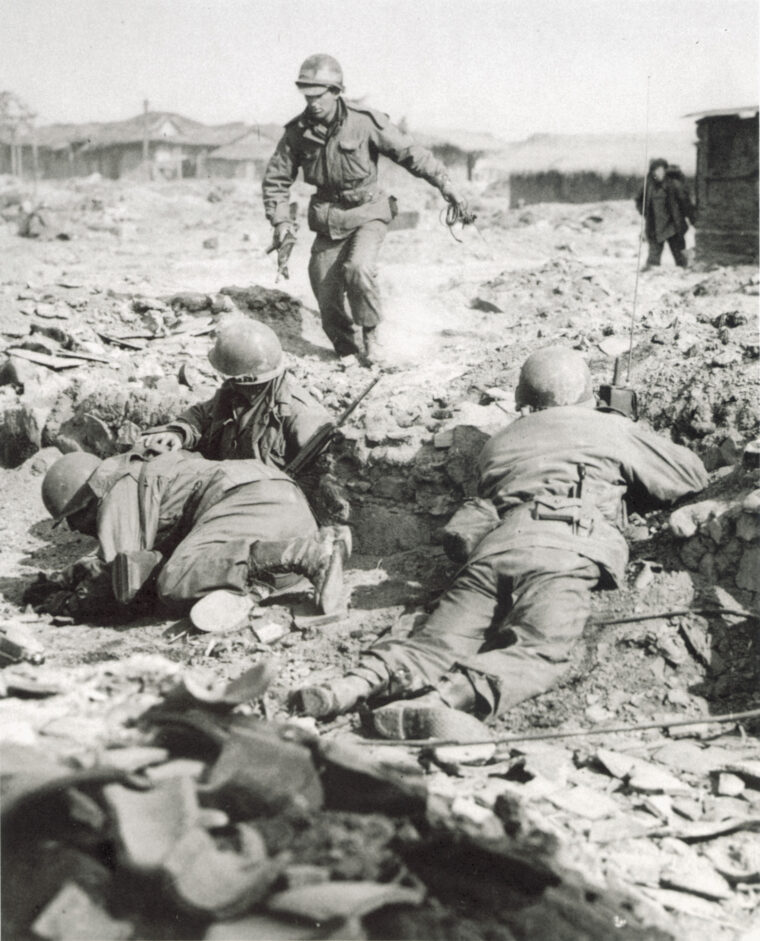
“I Knew Probably 900 of Them Altogether. I Could Call Them by Name”
Ridgway’s leadership style was direct and personal. He once said his entire ambition was to prepare himself to successfully lead troops in combat from the day he had his first company in Texas in 1917. “My concern was for my men,” he said. “Up to 300 men in that company, but in the course of a couple weeks or so I could [call] every man in the ranks by his name.”
Years later, during World War II, this personal style of leadership had been finely honed. Early on he commanded three infantry regiments in the 82nd Infantry Division. “I knew every second lieutenant, every infantry officer in those three regiments by name,” he insisted. “I knew probably 900 of them altogether. I could call them by name, and the reason was I spent every single daylight hour with them in their training. By the time we got into combat I had such a close personal relationship with my regimental and battalion commanders that I concurred in every single one of their selections. Not in one single case was there any disagreement.”
A common-sense disciplinarian, Matt Ridgway relied on his ability to lead by unpretentious example. He strongly disliked what he termed the “showmanship element” that some generals employed to advantage. “I recognized that a man like Patton, like MacArthur, was a showman,” he once told me. “If that’s your nature, that’s fine, but it’s not part of my nature. I never was a showman and never intended to be.”
Beginning at 9:30 am on the day after Christmas, Ridgway met for several hours with General MacArthur at the Dai-ichi Building in downtown Tokyo. They reviewed plans for a staged withdrawal to the Pusan area in southern Korea and discussed the need for a military victory in order to buttress the UN Command’s efforts at diplomacy. Ridgway described his conversation that morning as “detailed, specific, frank, and far-ranging.” He was given “full tactical control” of the war in Korea and “all the authority a military commander could ask for,” but above all MacArthur urged Ridgway not to underestimate the Chinese. When their talk was completed, MacArthur shook hands firmly and said, “The Eighth is yours, Matt. Do what you think best.”
By noon Ridgway was headed for Haneda Airport and four hours later his plane touched down in Taegu, Korea. Early the next morning he struck out to visit his division and corps commanders, most of whom he knew or had served with before. In less than 48 hours he had met with all but one of his senior generals. “After I’d got the measure of these commanders in their own fields, up in their own terrain, I informed the Army Department that I needed top-flight regimental and battalion commanders,” he said.
There was no Escape From Ridgway’s Watchful Eye
For Ridgway, it wasn’t difficult to see where the weak links were. He believed that by the time leaders had 15 years of service their competence was as prominent as the noses on their faces. “By that time the weaknesses of any will have shown up, weaknesses of character, lack of force, lack of the power of decision, the fact that they don’t know their people, aren’t close to their men. These are the things I can tell when I walk into a combat area.”
There was no shrinking from Ridgway’s watchful eye. He was everywhere. Although replacing questionable officers could solve some of the leadership problems—and Ridgway’s judgment was swift—there was a deeper cancer within Eighth Army that became an overriding concern: morale. As he drove along the roads visiting command posts, Ridgway would often stop and talk to GIs, but he quickly discovered something was not there. That something was lack of esprit de corps, and it was pervasive throughout the Eighth Army. Ridgway saw it in the faces of privates, sergeants, and even some lieutenants. “That extra snap to the salute, that quick aggressive tone and gesture, that confident grin that had always seemed to me the marks of the battle-seasoned American GI, all were missing,” he said.
As he had his entire career, Ridgway set about improving the morale of his troops by getting down to basics. “The very first task I set myself was restoring the fighting spirit of the forces under my command,” he said. Soldiers have fundamental needs that so often can be met by a commander who takes the time to observe and act. Ridgway saw that his troops had clothing unsuited to the harsh weather, and winter garments soon began to arrive. The problem of no stationery and envelopes to write home was solved by having them delivered throughout the front lines by helicopter. Hot food was soon available everywhere. A simple thing like gloves, which are easy to drop on the battlefield, became available to those who lost them—no questions asked.
Right after taking over in Korea, Ridgway made his first visit to the 1st Marine Division. At the time the noted historian and war correspondent S.L.A. Marshall was serving on the front with Colonel Chesty Puller’s First Marines. They were sitting in Puller’s tent.
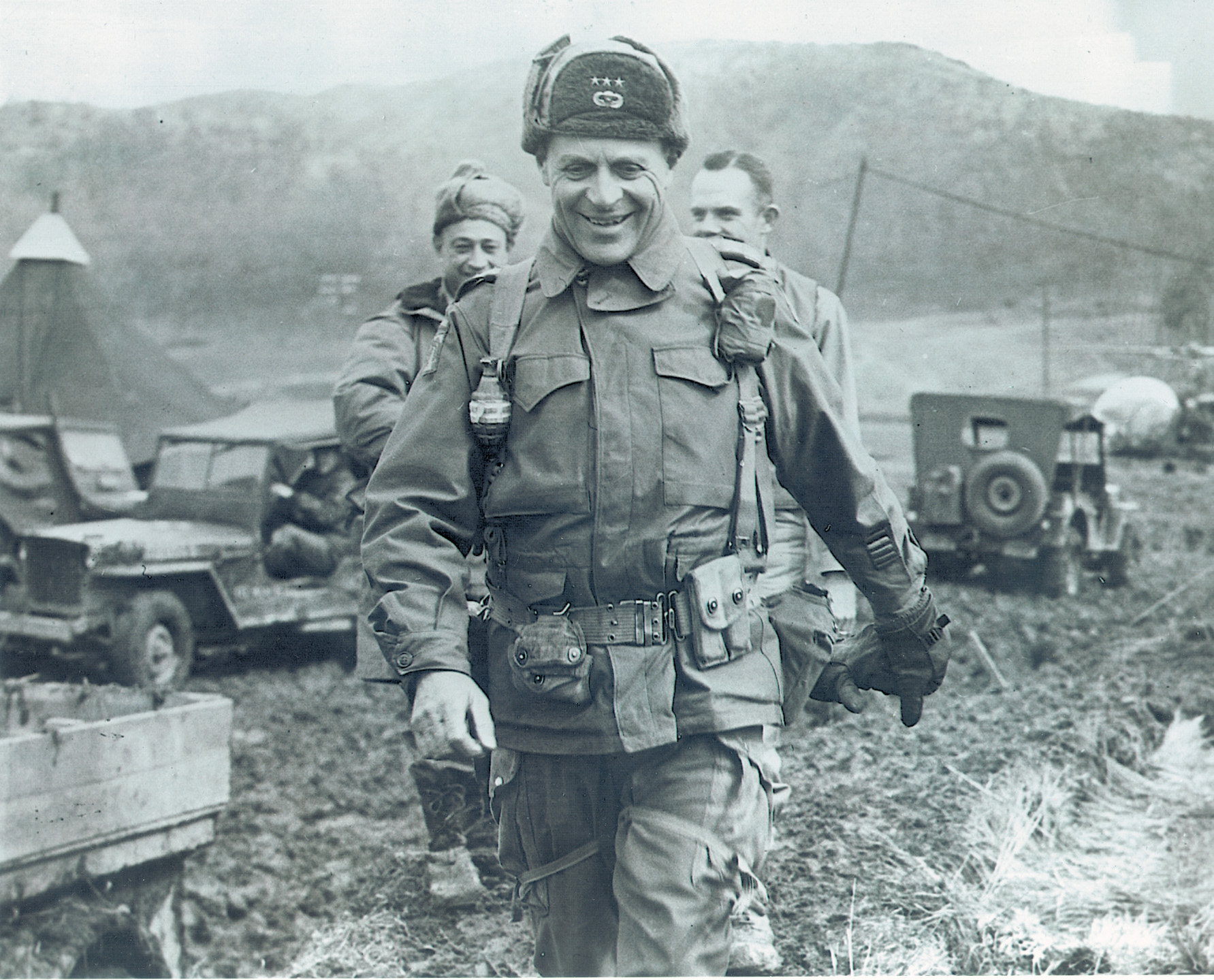
“Marshall, there’s a new Army general here who says he is going to turn this Army around and even show us Marines how to pull things together,” Puller growled. “Do you think any Army general can teach Marines anything about fighting?”
Marshall smiled. “If you are talking about Matt Ridgway, yes—he can do it.”
The Art of Generalship
After the war, Puller—a highly decorated lieutenant general—wrote his memoirs and reserved the highest praise for one lone army general: Matthew B. Ridgway. “Slam” Marshall also wrote a book about Korea and had abundant words of praise for Ridgway. “He is the most forceful and winning leader of American battle forces in my experience,” he said. “No other performance by an individual compares with his feat of taking over the beaten and demoralized Eighth Army, Korea, late 1950, and transforming it into a confident, hard-driving and unified force within less than one month. If a general cannot motivate others, he’s a sham. That’s his high road to accomplishment, the essence of the art of generalship.”
New Year 1951 began with a bang. North Korean and Communist Chinese forces launched a massive offensive. While driving north of Seoul, General Ridgway saw truckloads of South Korean troops “streaming south, without order, without arms, without leaders, in full retreat,” he noted. In the American media this was called the “Big Bugout.” Added Ridgway, “They had just one aim—to get as far away from the Chinese as possible.”
A defensive line was quickly set up at the 37th parallel, and on January 13 Ridgway called for a cease-fire, but four days later the word came back from the north: No cease-fire will be considered. Ridgway could afford to waste no time and he ordered UN forces to launch an offensive north. His level of confidence in the Eighth Army and its subordinate commanders was much higher than it was barely three weeks earlier. Thus was born Operation Thunderbolt. Unlike the lightning advance after the Inchon landing and breakout from Pusan, the entire front moved as a unit across the center of Korea. Although outnumbered about two to one, the UN forces possessed exceptional superiority in tanks and artillery. Ridgway ordered all artillery, even disabled tanks, moved to the front.
Since the middle of February Chinese forces had been pulling back from Chipyong-ni, southeast of Seoul, in the central section of the peninsula. Their withdrawal spread along the central front. Unwilling to give the retreating Chinese any time to reorganize or rest, General Ridgway ordered a new offensive named Operation Killer to launch in three days. He believed the Chinese withdrawal from Chipyong-ni reflected a turning point in the “revitalization of the Eighth Army.”
Operation Killer began on February 21 despite trepidation in Washington. General Collins said the name Killer “caused us sensitive souls in Washington to ask whether that term were really necessary,” but he and the JCS understood that the objective “was to destroy the Chinese and [North Korean] forces east of the upper reaches of the Han River.”
Three days later, on February 24, the IX Corps—ordered to spearhead the attack in Operation Killer—had advanced 10 miles above Chipyong-ni and the 1st Marine Division had taken high ground north of Hoengsong. Tragedy struck later in the day, however. Major General Bryant E. Moore, the commanding general of IX Corps, was killed when the helicopter he was riding in crashed into the frozen Han River. The 56-year-old Moore was a West Pointer who served as superintendent before coming to Korea. Ridgway put Maj. Gen. Oliver P. Smith—an exceptionally competent Marine leader—in temporary command of the U.S. Army corps until Maj. Gen. William M. Hoge could get to Korea early the following month.
231 Dead Without a Single South Korean Casualty
On the last day of February UN forces touched the Han River and began immediately to reach a position between the 37th and 38th parallels. UN troops were involved in multiple attacks in an attempt to establish a line at the 38th parallel. Then, on March 7, the Eighth Army recrossed the vital Han River as Operation Ripper. Action was swift and deadly. The 1st Battalion, Republic of Korea 2nd Regiment, launched a surprise attack against North Korean forces that left 231 enemy dead without a single South Korean casualty.
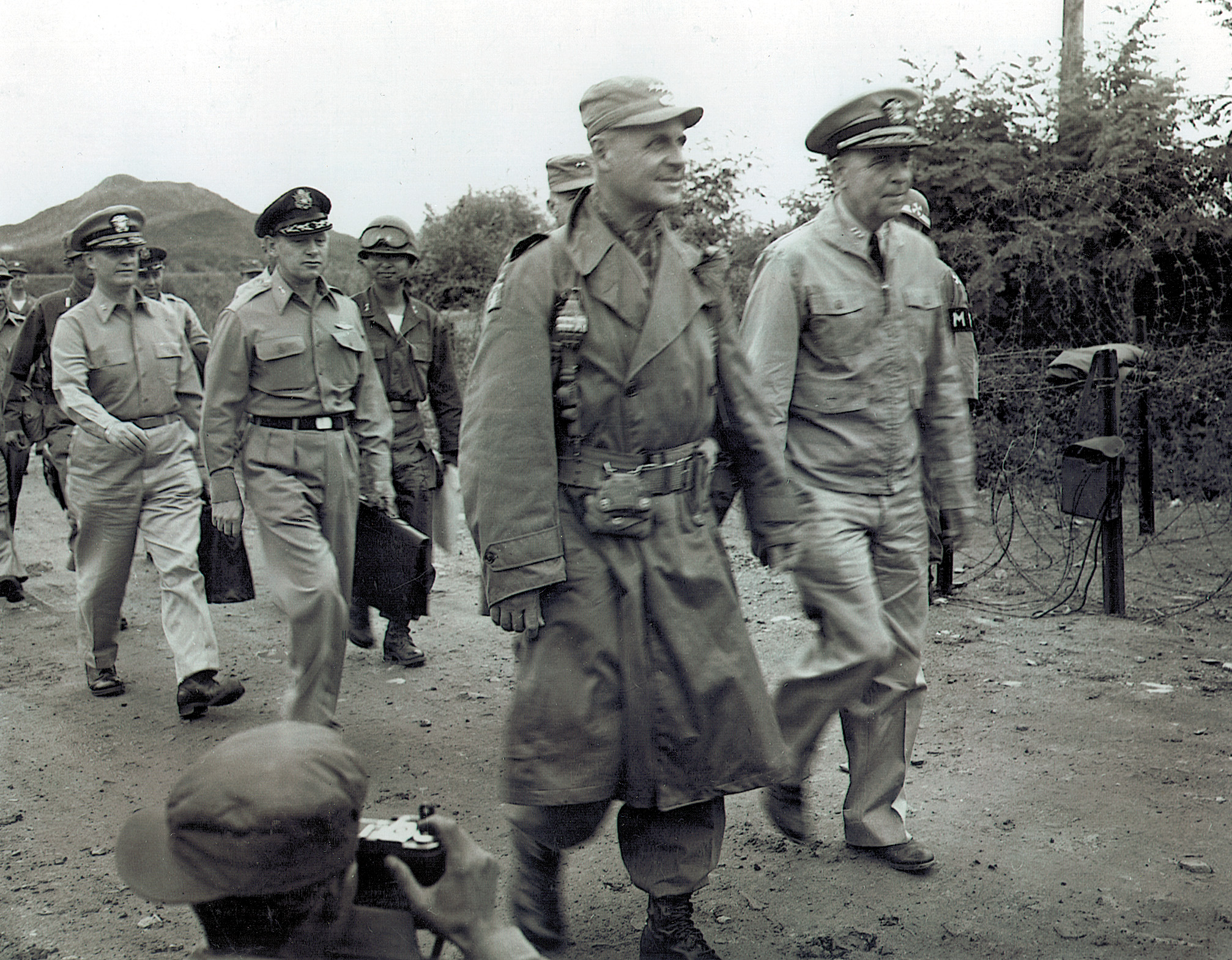
As spring began to warm on the Korean Peninsula and UN forces solidified their positions, General MacArthur suddenly emerged on the scene in a big way. Congressman Joseph W. Martin, minority leader of the U.S. House of Representatives, wrote to General MacArthur seeking his views on permitting Nationalist Chinese forces to augment the Eighth Army in Korea. Martin had earlier suggested in a speech that the “forces of Generalissimo Chiang Kai-shek on Formosa might be employed in the opening of a second Asiatic front to relieve the pressure on our forces in Korea” and he would “deem it a great help if I could have your views on this point, either on a confidential basis or otherwise.”
On April 5, two days after the Eighth Army ceremoniously crossed the 38th parallel, Congressman Martin released, during an extended debate on the floor of the House of Representatives, the text of MacArthur’s letter to him supporting the use of Nationalist Chinese troops in the Korean War.
It was the beginning of the end for General of the Army MacArthur. Following a White House meeting on April 6, President Truman noted in his diary that MacArthur “shoots another political bomb through Joe Martin, leader of the Republican minority in the House. This looks like the last straw. Rank insubordination … I’ve come to the conclusion that our Big General in the Far East must be recalled.”
Three days later Truman signed the order relieving MacArthur as Supreme Commander Allied Powers in the Far East. A message was drafted to send to Secretary of the Army Frank Pace, who in turn was to deliver the presidential order in person in Tokyo. The president also approved a public statement to be issued that said: “With deep regret I have concluded that General of the Army Douglas MacArthur is unable to give his wholehearted support to the policies of the United States and of the United Nations….”
Throughout the day of April 10 General Omar Bradley was unable to reach Secretary Pace, who was conferring with Ridgway in a tent near the front in Korea. At 11 pm Bradley phoned the president to tell him he was radioing MacArthur directly. A little less than two hours later, at an extraordinary news conference at 12:56 am in the White House, press secretary Joseph Short released news that General MacArthur had been removed from command by President Truman. It was nearly 3 pm in Tokyo, where news of MacArthur’s firing was broadcast on the radio before MacArthur himself was officially notified via Bradley’s delayed wire. An aide, Sydney L. Huff, was nearby when MacArthur received the news. “I got the impression that he was aggrieved, that he had suffered a bit of heartbreak. But he never said a word to indicate his attitude, and all of us realized that it would be a grave error to make any sympathetic noises in his presence.”
In his memoirs MacArthur said his relief was momentous “not because of the personalities involved, but as a symbol of a basic change in attitude toward Asia since our entrance into the Korean War.… A chain of reactions was set off which has prejudiced to its very foundation the struggle between the free and the red world.”
”If I had Been Permitted to Choose My Own Successor I’d Have Selected You”
In the wake of MacArthur’s removal, Matt Ridgway was promoted to four-stars and named commander of Far East Command. He flew to Tokyo for a final official meeting with MacArthur in the embassy library and found him unusually complacent. “He was as calm and courteous as ever, and seemed to have accepted the decision with better grace, I thought, than most men similarly situated might have done.” Later, at the airport, MacArthur told Ridgway, “I hope when you leave Tokyo you will be chief of staff. If I had been permitted to choose my own successor I’d have selected you.”
On April 15 General James A. Van Fleet was given command of the Eighth Army. Ridgway remained in Korea another year, then replaced General Eisenhower as Supreme Allied Commander in Europe. In 1953 he became chief of staff, but they were trying and unpleasant years in the Pentagon. From day one Ridgway clashed with his civilian bosses, in particular “Engine” Charlie Wilson, President Eisenhower’s hard-charging Secretary of Defense. “He didn’t know how to handle his subordinates,” Ridgway complained. “He thought the senior officers who had spent their lives in the military were all a bunch of failures, and he came into the office of secretary of defense with a contempt for the Army. It showed in his indifference. One thing I never forgot is one time Bob Stevens and I had to go up to see him. When we were through he said, ‘Now, you men you know …’ like he was talking to a bunch of labor leaders or something. A lack of courtesy and consideration—you just don’t forget those things.”
To the strains of taps General Matthew Bunker Ridgway was laid to rest at Arlington National Cemetery on July 30, 1993. The old soldier lived to 98 years of age, but he never forgave MacArthur for his handling of the Eighth Army early in the war. Although he “deplored” MacArthur’s actions, he said, “it never shook my recognition of MacArthur’s brilliance and his wonderful past record.”
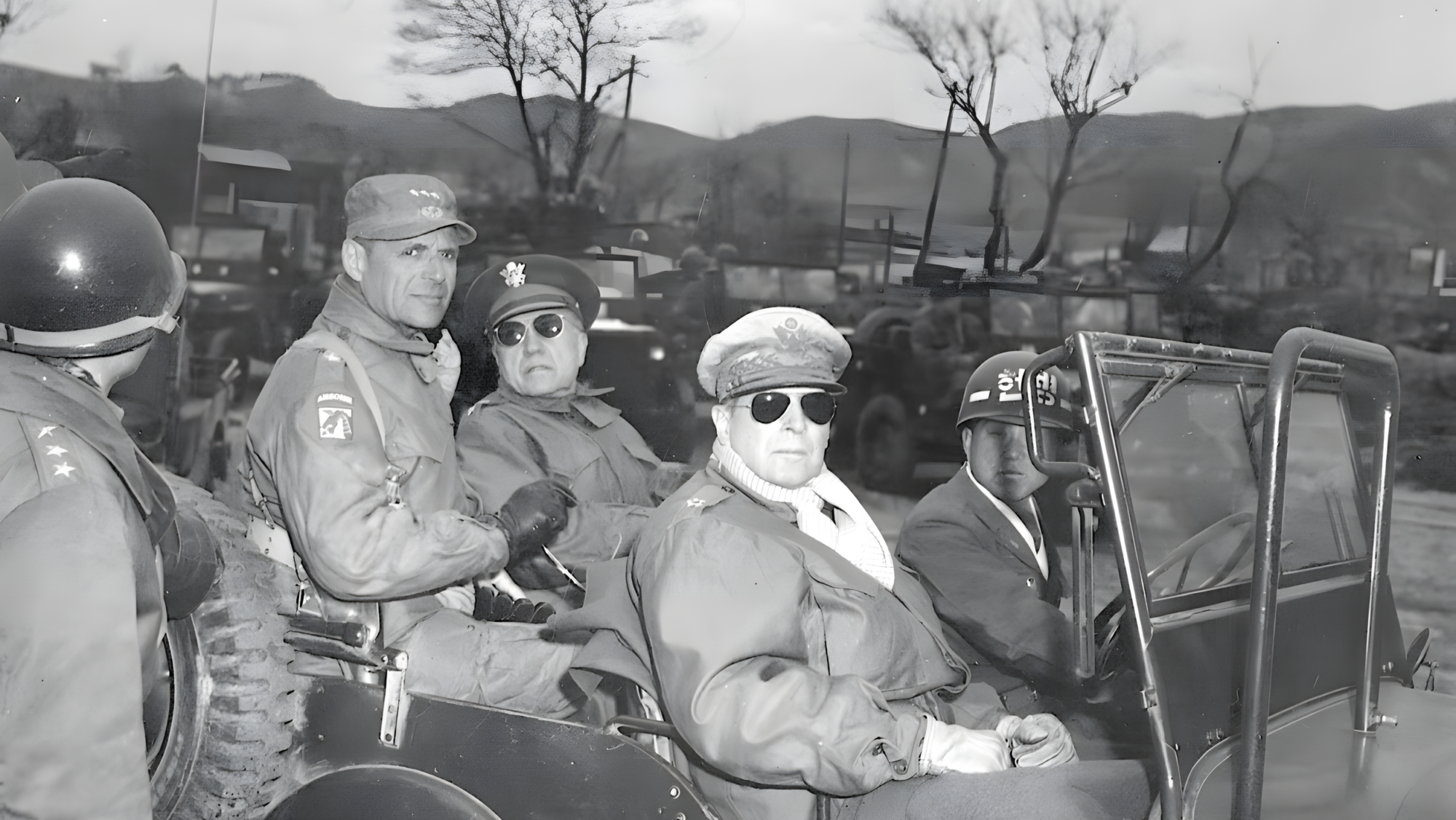
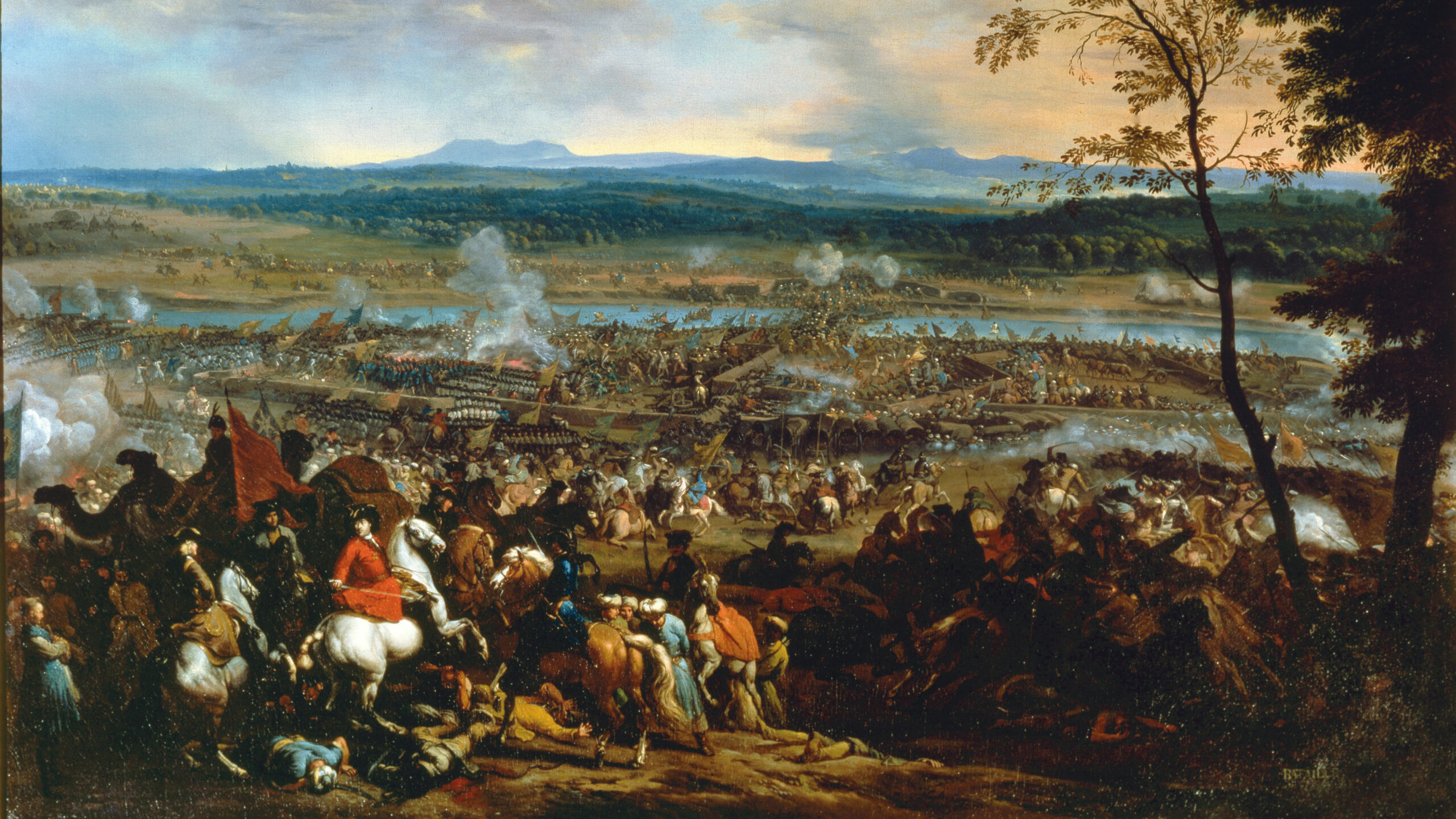
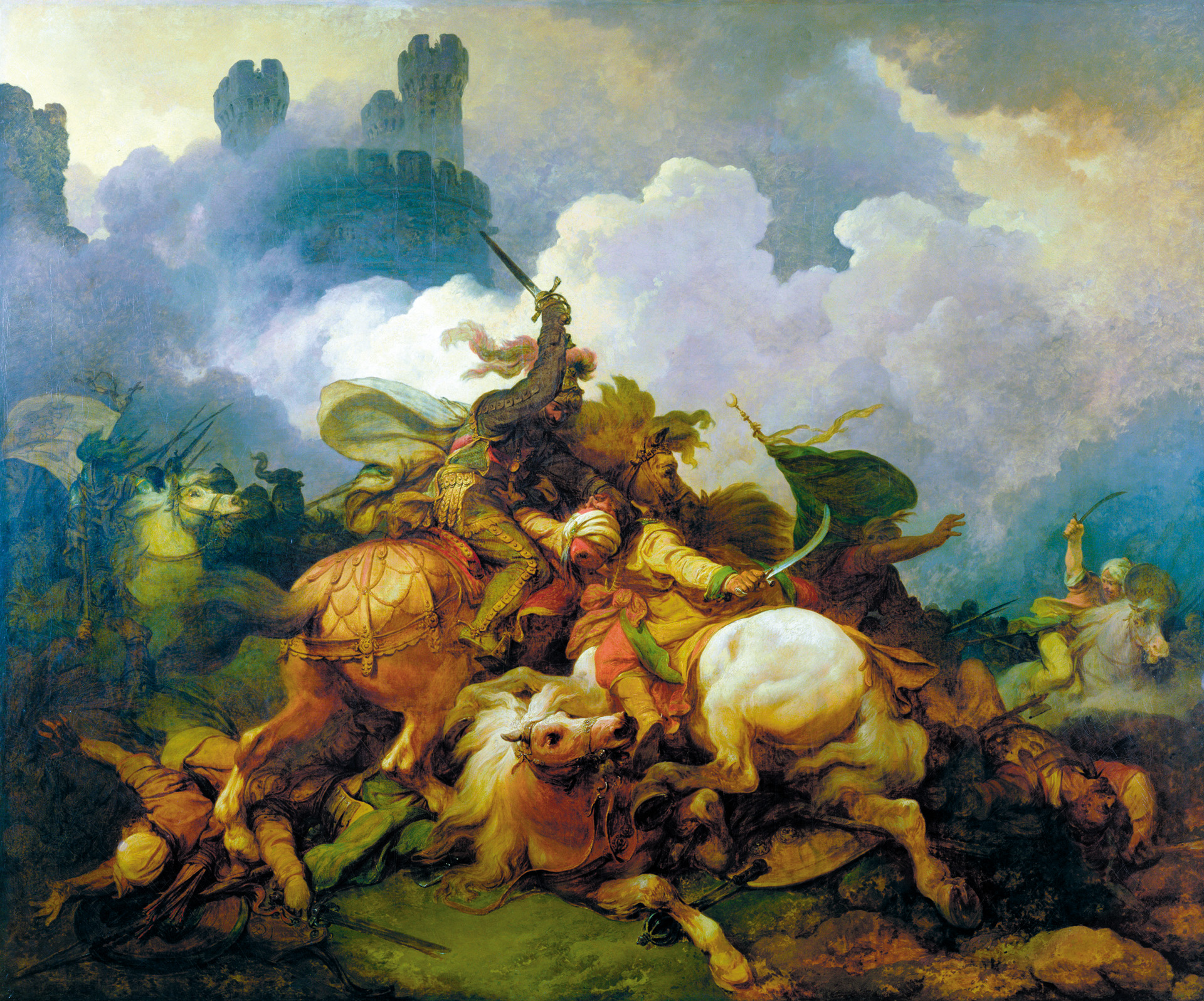
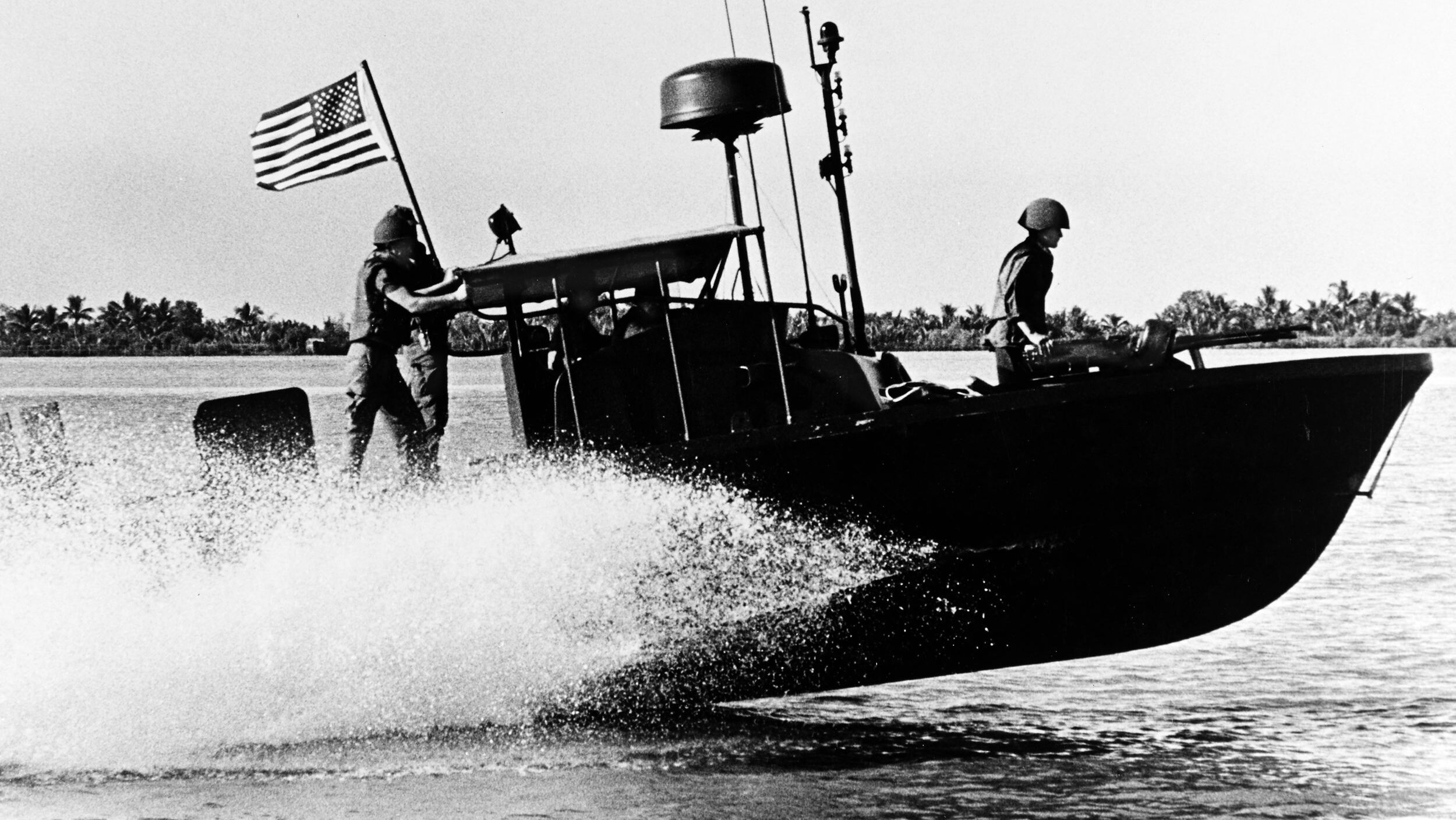
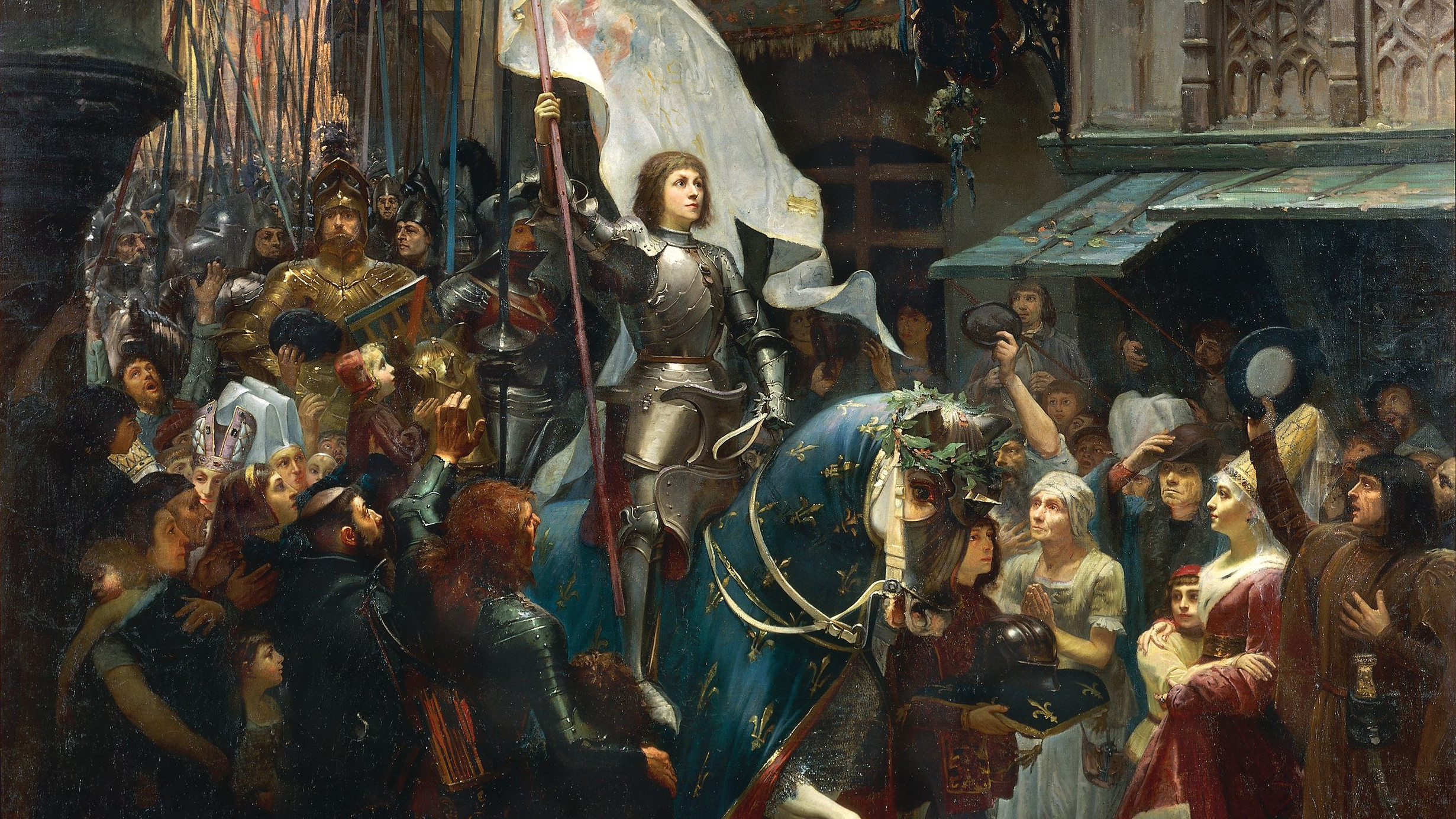
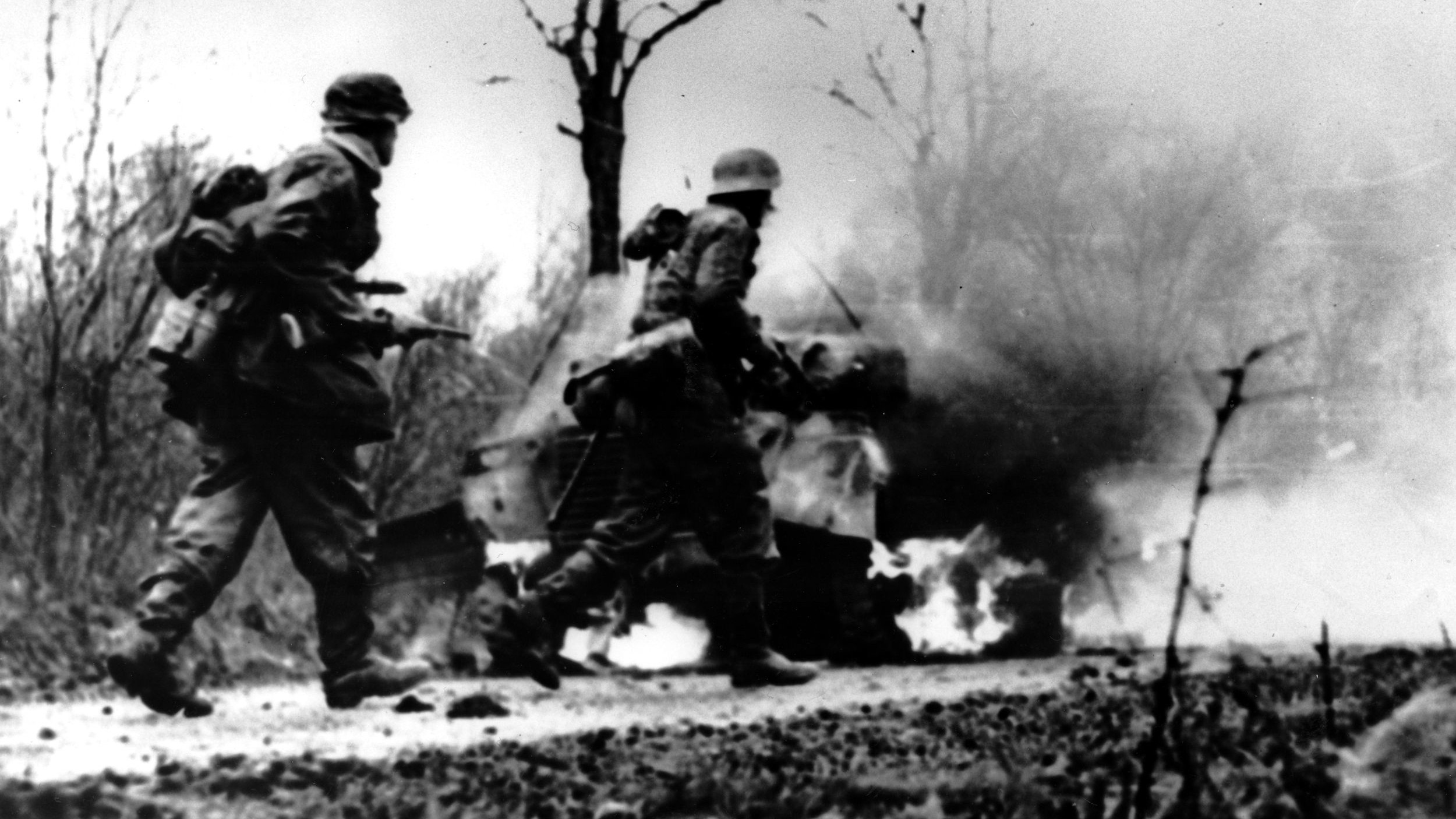
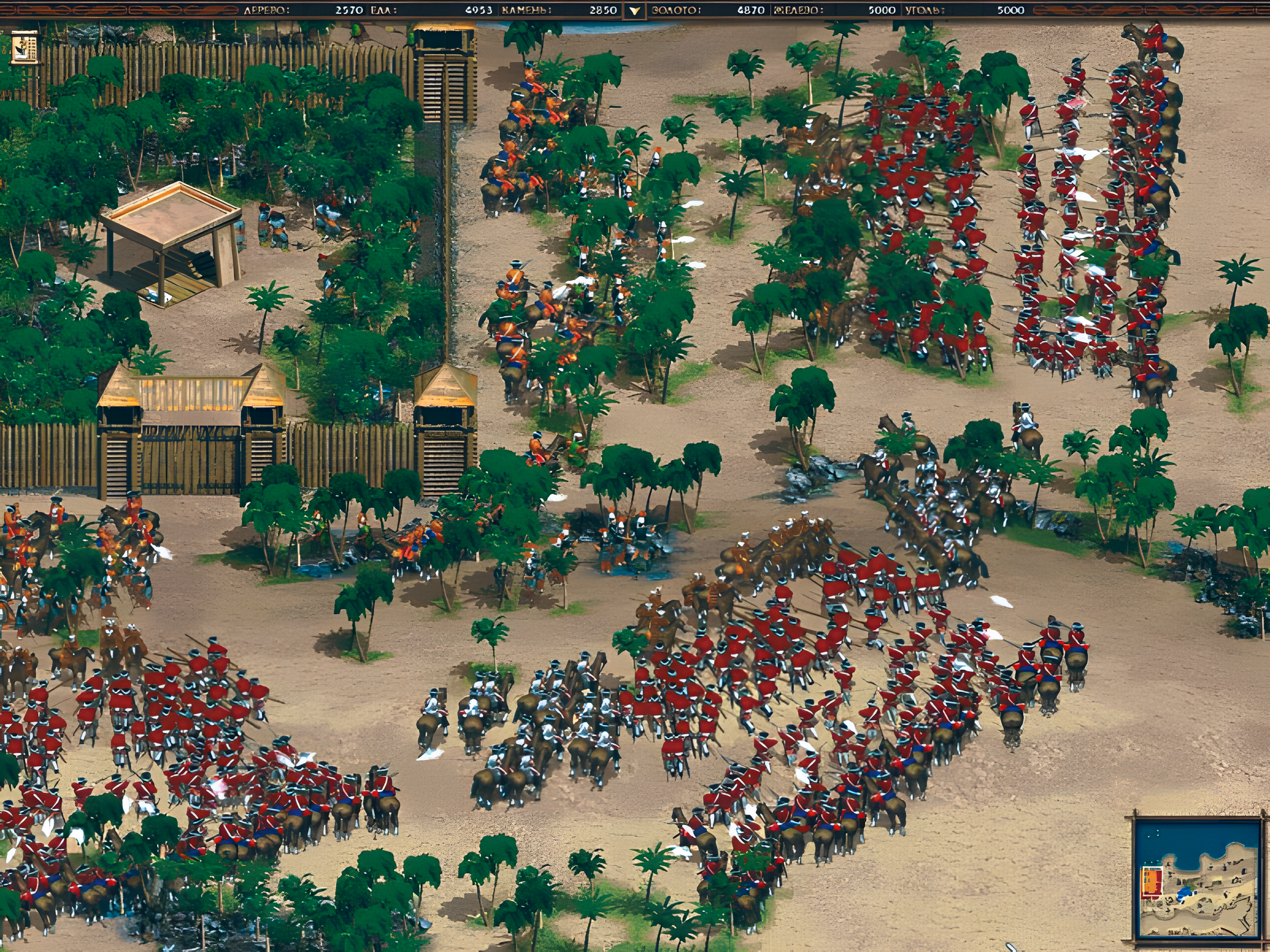
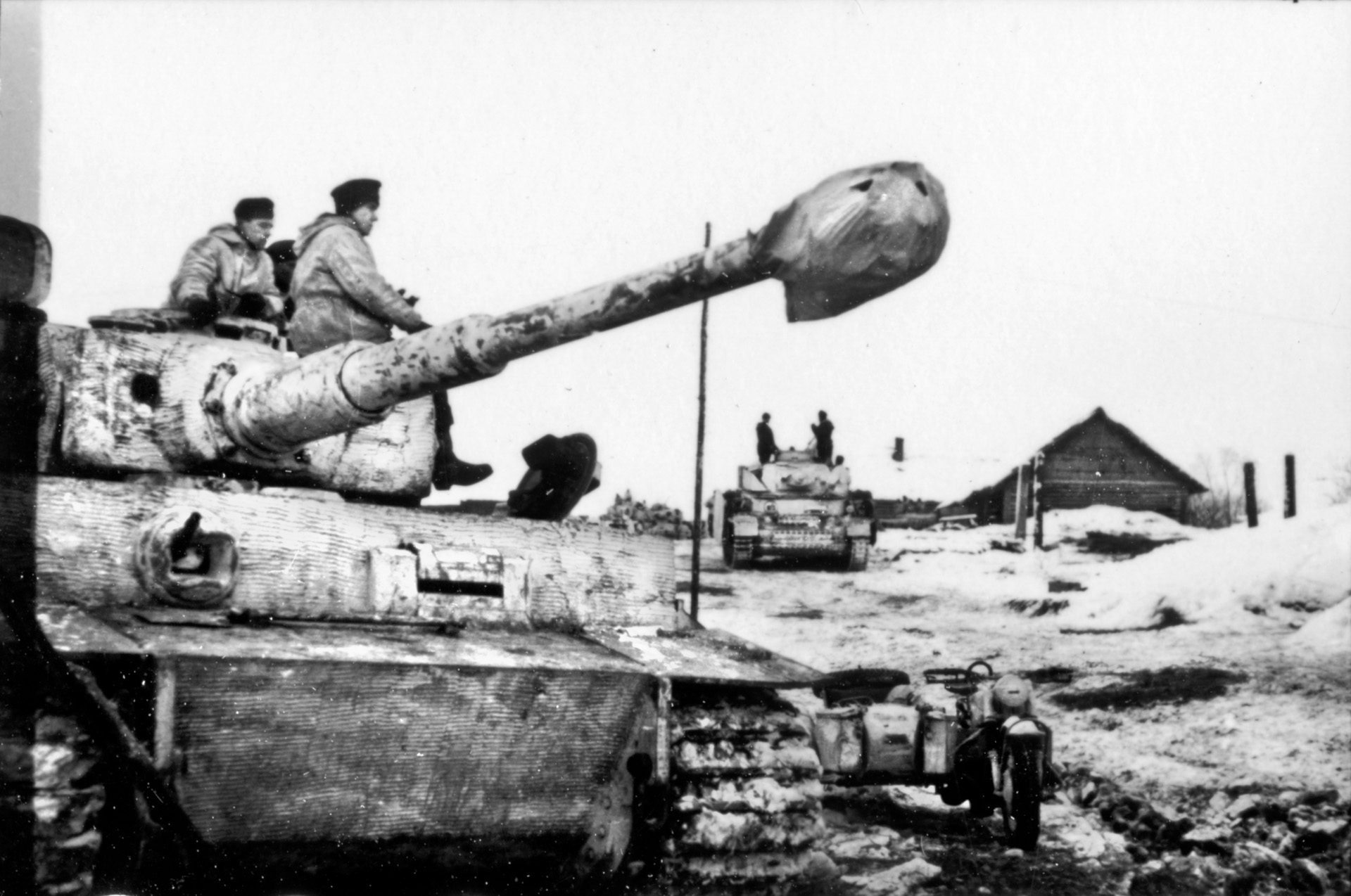
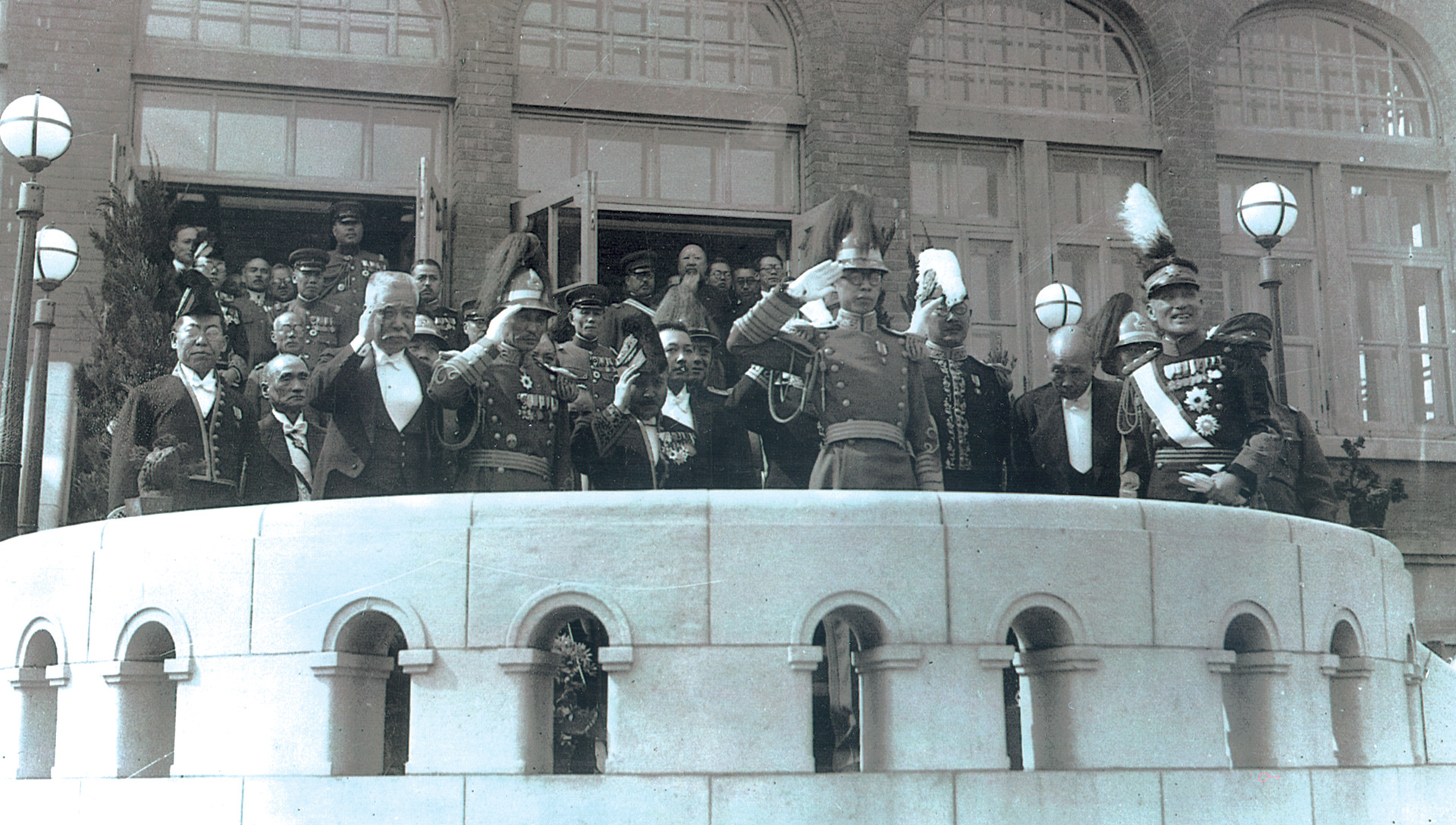
Great article about a great soldier.